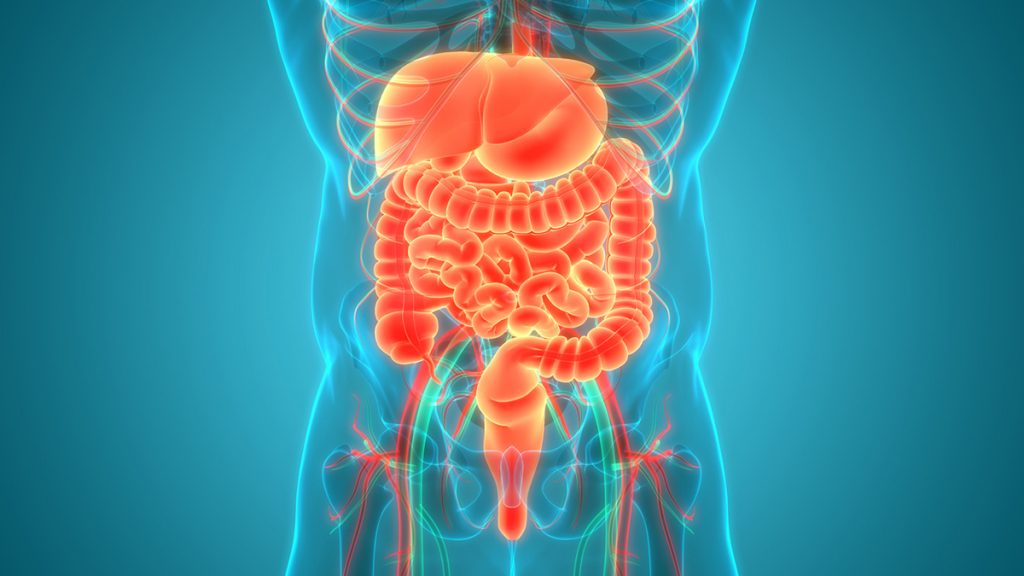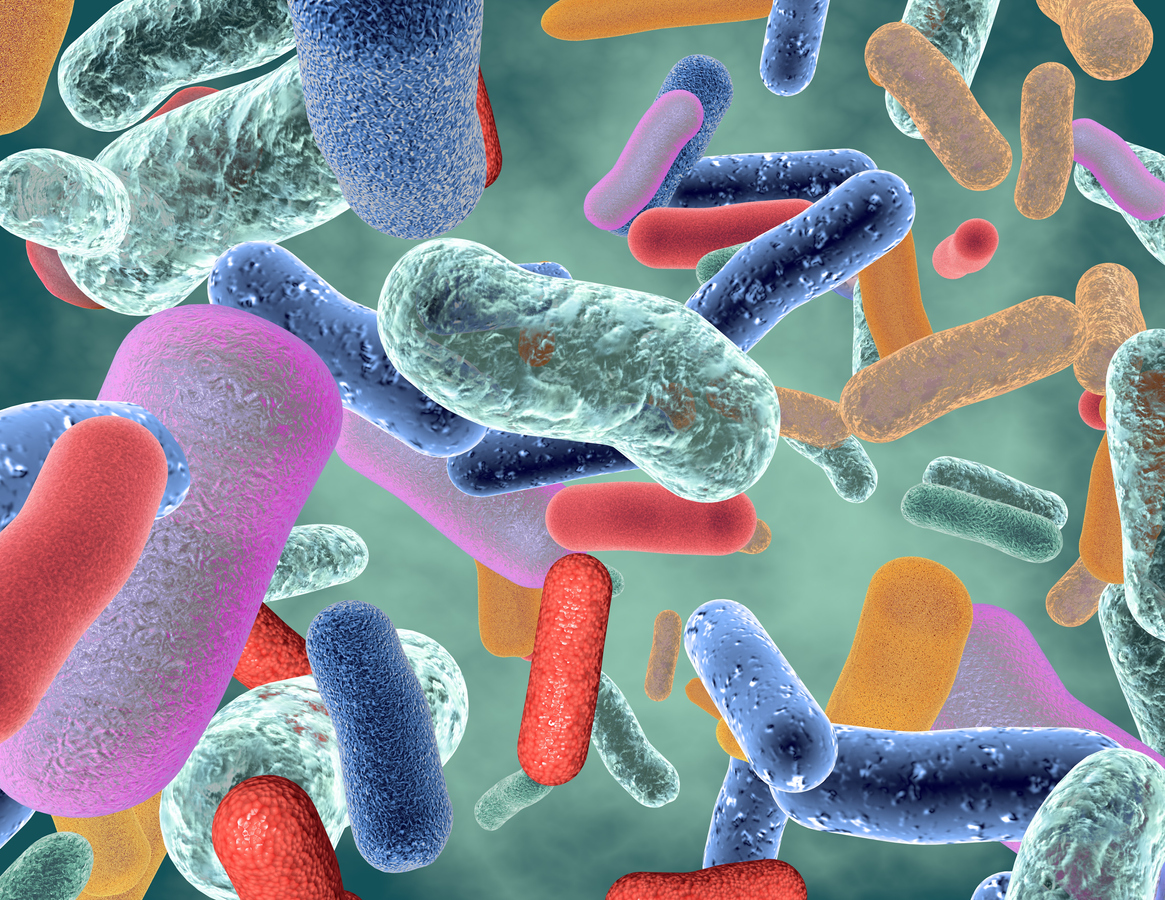MEN who develop prostate cancer have different types of bacteria in their guts to those who are cancer-free, according to new research.
Scientists who came up with the finding say it’s too early to conclude that this means having the wrong type of gut bugs causes the disease, or that lots of ‘friendly’ bugs in the gut protects men against cancer.
But they say it may shed light on the extent to which diet and lifestyle can affect the chances of developing a prostate tumour.
The gut microbiome is an intestinal ‘soup’ made up of trillions of organisms thought to play a fundamental part in everything from our appetite to our immune system.
These include ‘good’ bacteria which, researchers believe, may play a critical role in keeping us healthy, not only helping to control our digestion and weight but also keeping our body’s defences in prime condition.
However, the role of the microbiome – which is heavily dictated by diet – in the development of prostate cancer has not previously been explored.
A team of experts at the University of Turku in Finland studied 181 men who were undergoing tests for suspected prostate cancer.
At the time that the men were having a biopsy – where a small amount of prostate tissue is removed for further examination – doctors also performed a rectal swab to capture faecal samples to check for gut bacteria.
The results, which were presented in late June at the European Association of Urology’s annual congress in Amsterdam, The Netherlands, showed that 60 per cent of the men did indeed have cancer.
But their gut microbiome profiles were significantly different to those of men who did not have cancer.
For example, tests showed those with cancer had much higher levels of certain bacteria that cause diarrhoea – such as Escherichia-Shigella.
In contrast, those declared tumour-free had much more of a gut-friendly organism called Corynebacterium, which has been shown to help the body fight off infection.

Professor Peter Bostrom, who led the study, said the results may help to explain why prostate cancer rates vary so much from one part of the world to another.
‘There are significant variations in prostate cancer rates around the world, which could be due to genetic factors or differences in healthcare policies, but also variance in lifestyle and diet.
‘The difference in gut microbiota between men with and without prostate cancer could underpin some of these variations.’
The disease is much more common in Western countries than elsewhere and there is evidence that men who emigrate from low to high incidence areas have increased risk of prostate cancer, as do their offspring.
If further studies back up the findings, Professor Bostrom says, ‘it’s possible doctors may one day be able to diagnose prostate cancer by checking bacteria levels in faecal samples, while men could be given specific dietary advice to alter their gut microbiome in a bid to prevent prostate cancer in the first place.’
The findings have been hailed as potentially enormously significant.
Professor Lars Dyrskjøt Andersen, a specialist in molecular medicine at Aarhus University in Denmark, told the congress: ‘This is a striking finding.
‘Gut microbiota could be an important area to investigate further to enhance our understanding of prostate cancer risk.’




